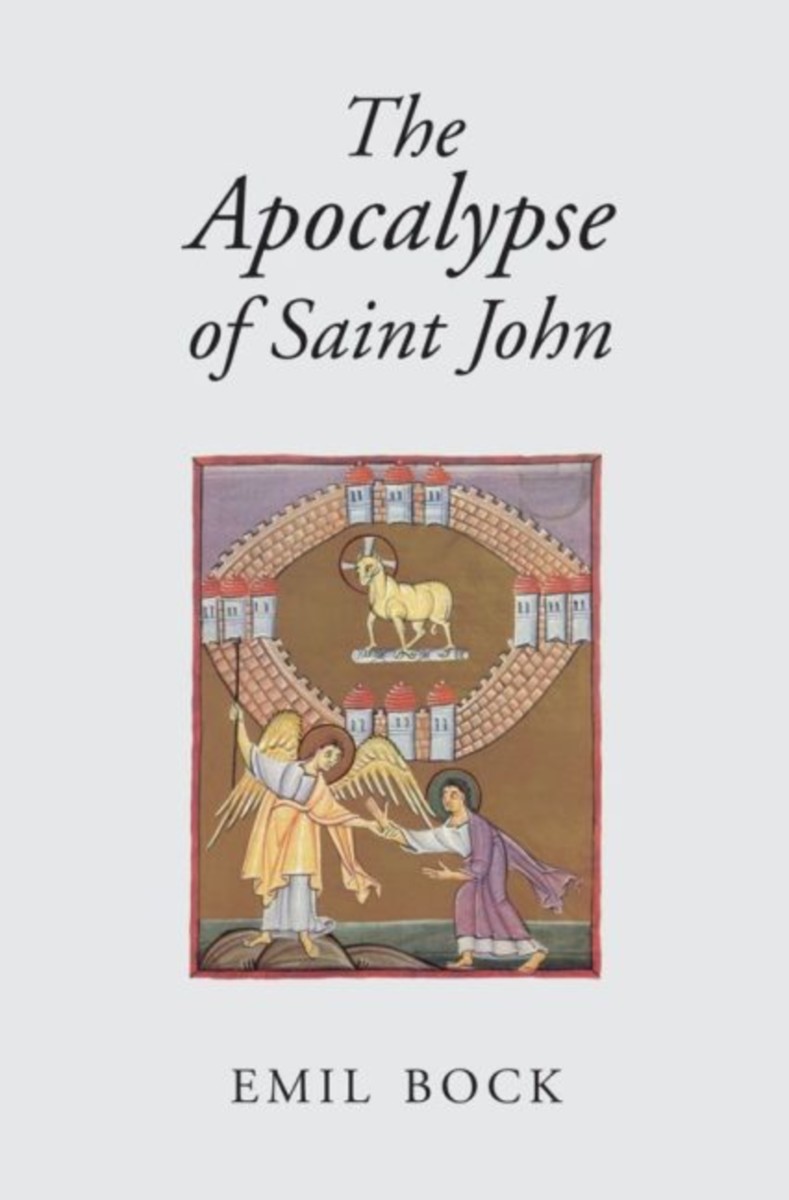The Apocalypse of Saint John
- Publisher
Floris Books - Published
1st November 2005 - ISBN 9780863155390
- Language English
- Pages 208 pp.
Emil Bock interprets John's rich pictorial language, which is often found harsh and mysterious, helping the reader understand that John deals with the universal problems of spiritual development.
This is not merely a detailed commentary on the Apocalypse but a profound and encouraging examination of human needs in today's world. Bock shows how we can read The Revelation to understand Christ's position as leader through danger, both in the present and in the future.
“It is heartening to see a fresh edition of Bock's insightful book on the Apocalypse, some 66 years after it was first given as lectures amid the din of war in 1940/41. These were apocalyptic times and Bock's language has a compelling urgency and dynamic well fitted to the many themes he develops. Since that time, it has stood as one of a line of monumental works revealing a renewed theology for our times. If Bock had only written this one book, it would have been sufficient to establish him as one of the greatest Christian thinkers of modern times.”
Christopher Cooper, Perspectives, June 2006
Emil Bock
Emil Bock (1895–1959) was born in Wuppertal, Germany, in 1895. He studied German and modern languages at the University of Bonn and, after joining the army, was wounded at the war front in Flanders. In 1916, while still in the army, he met the famous evangelical preacher, Friedrich Rittelmeyer, in Berlin. After his release from the military, he studied Protestant theology in Berlin and later attended priest courses with Rudolf Steiner in Stuttgart and Dornach. With Rittelmeyer, Bock helped establish the Christian Community (the movement for religious renewal) in 1922 and soon became its leader, a position he held until his death. In November, 1922, Bock married Grete Seumer, with whom he had four children. He remained a priest, writer, and lecturer until his death in Stuttgart. Bock's many books include Genesis; Moses; Kings and Prophets; Caesars and Apostles, The Three Years; Saint Paul; and The Childhood of Jesus.


